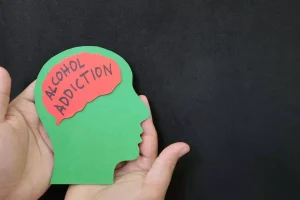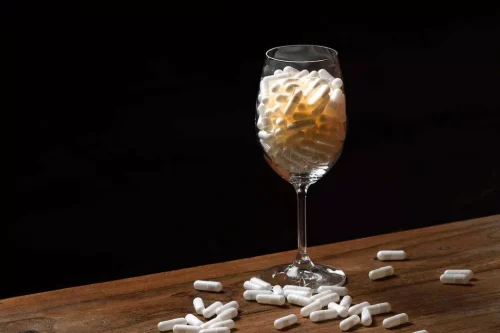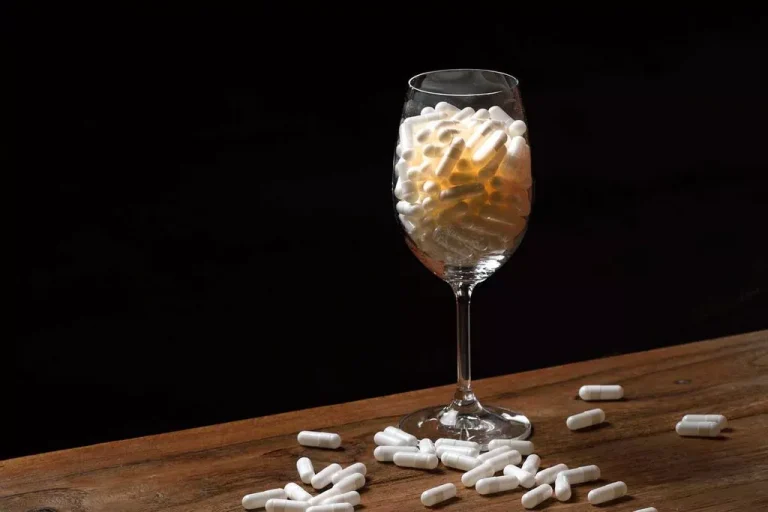Alcohol and Drug Addiction Rehab Process

Understanding that attending a rehabilitation program is a choice is also an important factor, adds Dr. Seicean. All rehab programs legally have an open door policy, meaning people can start or leave rehab at their own will. An outpatient program is similar to an intensive outpatient program, but the individual attends sessions—which may either be one-on-one or in a group setting—for less than nine hours weekly. People in an outpatient program should have a support system, living arrangements, reliable transportation and an intrinsic motivation to participate in weekly sessions. After lunch, you’ll attend another session, such as individual therapy. You may be given free time to choose an activity, such as attending a fitness session if your rehab center has a gym.
Types of Therapy Used in Addiction Rehabilitation
- Therapy addresses the psychological and emotional aspects of addiction.
- Inpatient addiction treatments include intensive inpatient services and residential rehab programs.
- Nevertheless, many treatment programs, including Alcoholics Anonymous, require a commitment to complete abstinence as a condition of admission.
A drug rehab program provides the necessary support to make recovery possible. Change can be overwhelming, which is why choosing a drug rehab program that connects individuals experiencing the same struggles can be rewarding. Recovering addicts will find friends within the group but are encouraged to also find support from those outside who do not have the same struggles. When you reach out for help from a professional alcohol and drug rehab program, you begin the first stage of your recovery, treatment initiation. All drugs to which the body has adapted create some type of withdrawal symptom—physical, emotional, or both—when abruptly discontinued. Depending on the duration and degree of substance use, detox is advised for those who abuse alcohol, benzodiazepines and barbiturates, stimulants including cocaine and methamphetamine, and opiates such as heroin and oxycodone.
Program Certification

While recovery looks different for everyone, the rehab process may include a combination of detox, inpatient or outpatient rehab, and aftercare services. There are companies large and small that have recovery-friendly hiring practices. In addition, there are nonprofit organizations such as American in Recovery and the National HIRE Network that specifically help those with addiction or criminal history to find work.

Abuse liability
Long-term recovery relies on the availability of an array of resources and support for rebuilding a life that is meaningful and rewarding. Residential treatment at an addiction rehabilitation facility or medical inpatient care is rarely necessary, and only a small percentage of substance users seek out or require such treatment. Nevertheless, only a small percentage of those with substance use problems ever seek treatment at all. One is that many treatment programs require as a condition of entry a commitment to abstinence— yet that commitment is required before a person can even imagine life without the substance or access the support for doing so. Another is that those caught up in addiction frequently feel too much shame about their problem to share their struggles with anyone else. Yet another is a history of having tried to stop many times before and failed, which can lead a person to believe they don’t have what it takes to succeed in controlling their problem.
- The shifts in thinking and behavior are critical because they lay the groundwork for changes in brain circuity that gradually help restore self-control and restore the capacity to respond to normal rewards.
- Detox programs, which vary in length but most commonly last about a week, may be part of a residential rehab program or administered in inpatient hospital settings.
- Sober living facilities are often a next step for those who have completed a residential rehab or detox program.
- Research data confirms this, as well as the fact that people are at an especially high risk of overdose during a relapse.
- Most people attend support group meetings daily for months after theyleave rehab.
If you started in a residential treatment program, you will now move to the continuing or follow-up counseling phase of your rehab program on an outpatient basis. Drug addiction is a curable condition, although the process of recovery is rarely easy and seldom proceeds in a straight line. Relapse is common and should be considered a part of the treatment and recovery process. Some choose—or are remanded by law enforcement—to do it with the help of some type of clinical service, some prefer the support of peers, and many do it on their own.
Educational and Vocational Programs
A recovering addict must surround themselves with people who are supportive of the new lifestyle and will not tempt him or her into the old. Activities and relationships must be re-evaluated for real change to occur. Both legal substances (such as alcohol how long is drug rehab and nicotine) and illegal substances (such as heroin and cocaine) can lead to an SUD if used regularly. Even prescription and over-the-counter medications (such as some painkillers, sleep aids, and cough medicines) can be misused, which may also lead to an SUD.

Even after decades of research in the field, George F. Koob, Ph.D., is still learning new things about alcohol,… Upcoming events happening statewide include virtual naloxone trainings to recognize and respond to an opioid overdose. The schedule is typically broken up into morning, afternoon, and evening activities, with plenty of free time before bed. • Therapy enables each individual to identify the situations that serve as triggers to drug use and to develop their own workable ways to manage them. • It enables people to maintain their commitment to recovery and optimism about it despite the difficulties.
Help for alcohol use
- Recovering addicts will find friends within the group but are encouraged to also find support from those outside who do not have the same struggles.
- All Recovery accommodates people with any kind of addiction and its meetings are led by trained peer-support facilitators.
- Many addiction rehab facilities host follow-up programs to help patients return to their daily lives.
- If you started in a residential treatment program, you will now move to the continuing or follow-up counseling phase of your rehab program on an outpatient basis.
Inpatient rehab is a type of rehabilitation program designed to help those experiencing addiction to drugs and alcohol heal and quit using. Inpatient rehab, also known as residential rehab, is a place where 24-hour care and supervision are available. After that, patients will complete an intake process including medical and mental health assessments in order to provide customized care. A partial hospitalization program (PHP) refers to an outpatient treatment program in which the patient receives daily medical care and treatment in a hospital environment under medical professionals’ supervision. Inpatient, outpatient, and partial hospitalization rehab programs serve patients with different needs and vary in terms of their structure and time commitment.
